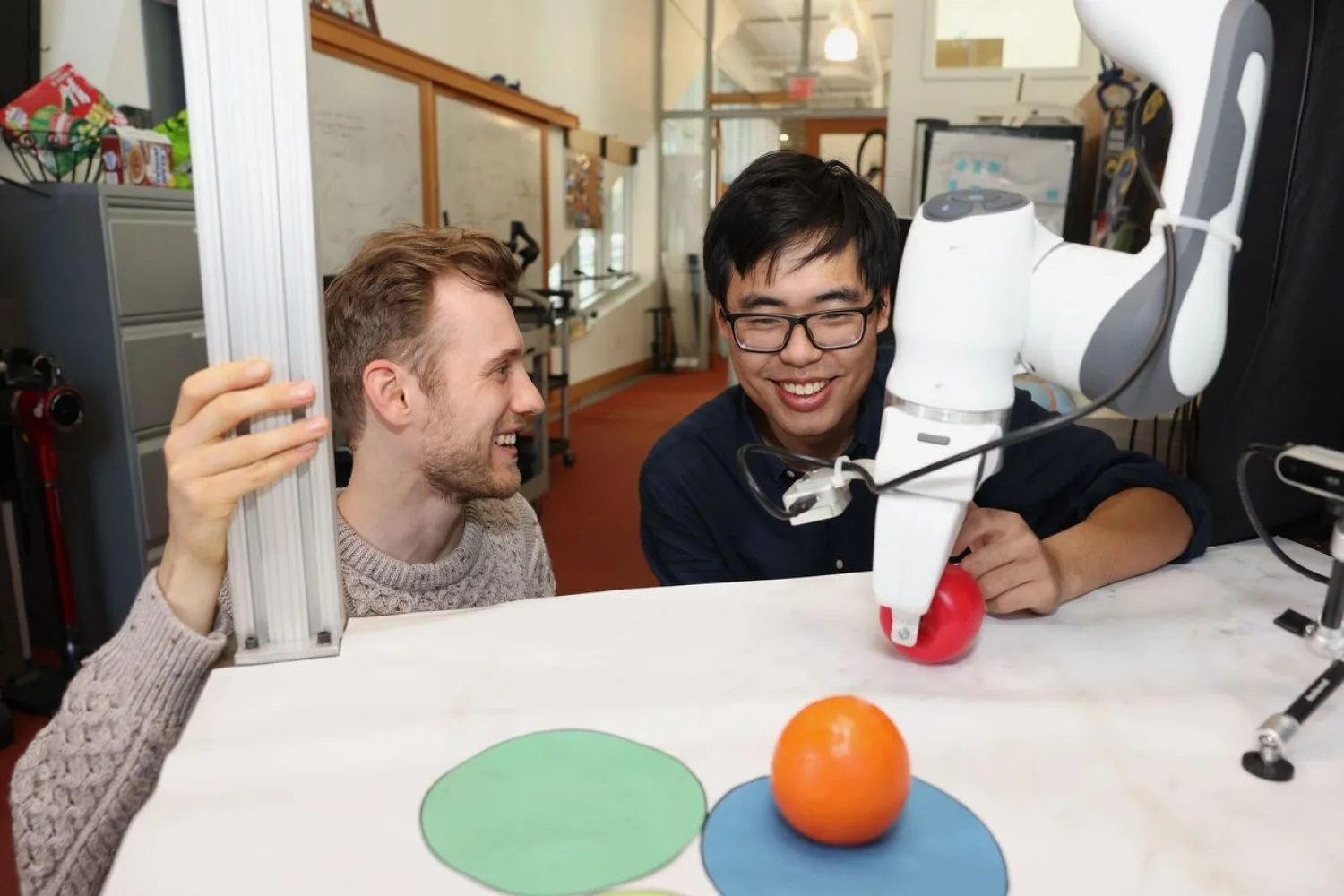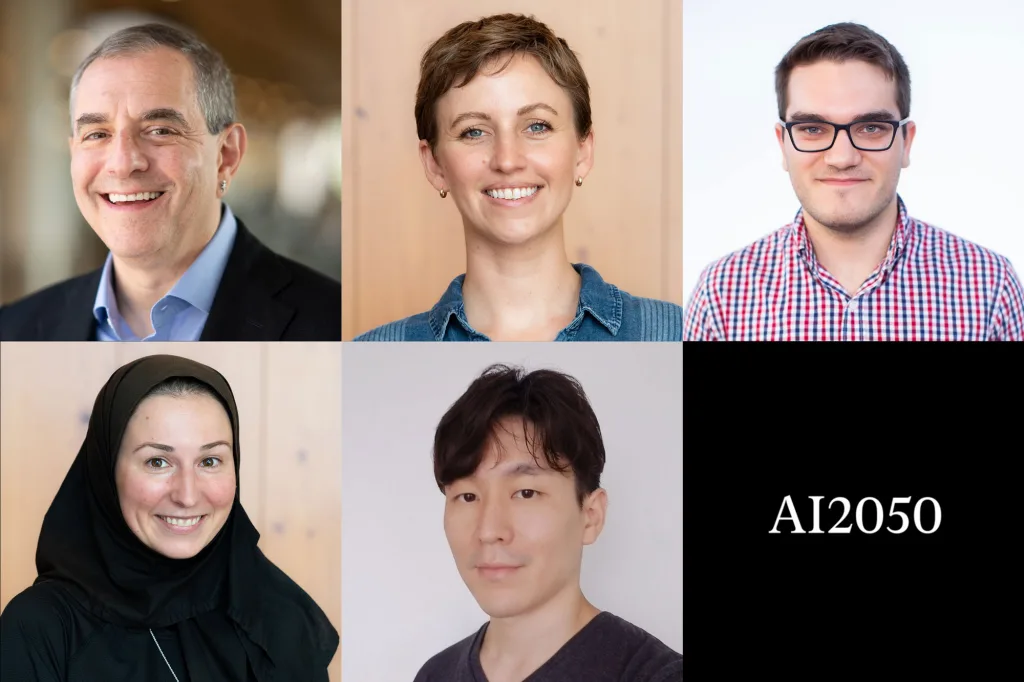As artificial intelligence (AI) technology becomes increasingly sophisticated, the challenge of differentiating between AI-driven systems and real humans online is becoming more pronounced. In a recent white paper, a collaborative group featuring researchers from MIT, OpenAI, Microsoft, and various other tech and academic institutions introduces the concept of personhood credentials. This innovative verification method empowers individuals to confirm their humanity online while maintaining personal privacy.
MIT News chatted with two of the paper’s co-authors, Nouran Soliman, a graduate student in electrical engineering and computer science, and Tobin South, a Media Lab graduate student. They discussed the necessity of these credentials, associated risks, and the potential for secure and equitable implementation.
Q: What is the necessity for personhood credentials?
Tobin South: The rapid advancement of AI technology is noteworthy. While much attention has been directed toward improving chatbots, sophisticated AI also offers capabilities such as autonomous online interactions. AI can create accounts, generate content, fabricate misinformation, and masquerade as humans. This scenario leads to substantial risks, presenting the “digital imposter” dilemma: distinguishing between advanced AI and genuine humans becomes increasingly challenging. Personhood credentials could provide a viable solution to this issue.
Nouran Soliman: The capabilities of advanced AI may facilitate large-scale attacks or the dissemination of false information. As AI proliferates across the internet, it can readily share content from actual humans to orchestrate disinformation campaigns. Navigating social media and online spaces could become convoluted. In this context, personhood credentials would help filter and moderate content in users’ feeds, establishing trust in the information being consumed.
Q: What exactly are personhood credentials, and how can their security be ensured?
South: Personhood credentials allow individuals to verify their humanity without disclosing sensitive personal information. By obtaining verification from a trusted entity, like a government agency, people can prove they are human using privacy technologies. To acquire a personhood credential, individuals must complete an in-person requirement or possess an established relationship with the government, such as a tax identification number. This offline process ensures that only humans can fulfill these criteria. Furthermore, even the most advanced AI cannot breach cryptographic security measures. By merging cryptographic techniques with unique human capabilities, we can create robust guarantees of human identity.
Soliman: Importantly, participation in the personhood credential system can be optional. Service providers can choose to allow users to interact only with verified individuals. In a future where AI may undertake actions like purchasing goods or negotiating deals on their behalf, countless users would desire assurance that they are dealing with verified entities capable of establishing trust.
South: Personhood credentials expand on existing security infrastructure, which has utilized identifiers like email addresses for online service access for years, complementing these established systems.
Q: What potential risks are associated with personhood credentials, and how can they be mitigated?
Soliman: A significant risk arises from the implementation of personhood credentials. If a single entity dominates the issuance process, it might spark concerns among populations skeptical of that entity or distrustful of its safety protocols. It’s crucial to implement these credentials in a way that maintains public trust and safeguards the privacy of individuals’ identities.
South: Additionally, if individuals must physically verify their humanity in a potentially dangerous location, it risks inhibiting free expression, especially in oppressive sociopolitical climates. Ensuring diverse issuers of personhood credentials and adopting an open protocol is vital to preserving freedom of expression.
Soliman: Our research advocates for increased investment from government entities, policymakers, and researchers into the concept of personhood credentials. We propose further exploration of varied implementation strategies and their societal effects, highlighting the necessity of sound policies governing these credentials.
South: The pace of AI development greatly outstrips governmental adaptability. It’s imperative for both public and private sectors to proactively develop digital systems that efficiently confirm human identity while respecting privacy, preparing us for the future where AI capabilities are more advanced.
Photo credit & article inspired by: Massachusetts Institute of Technology



